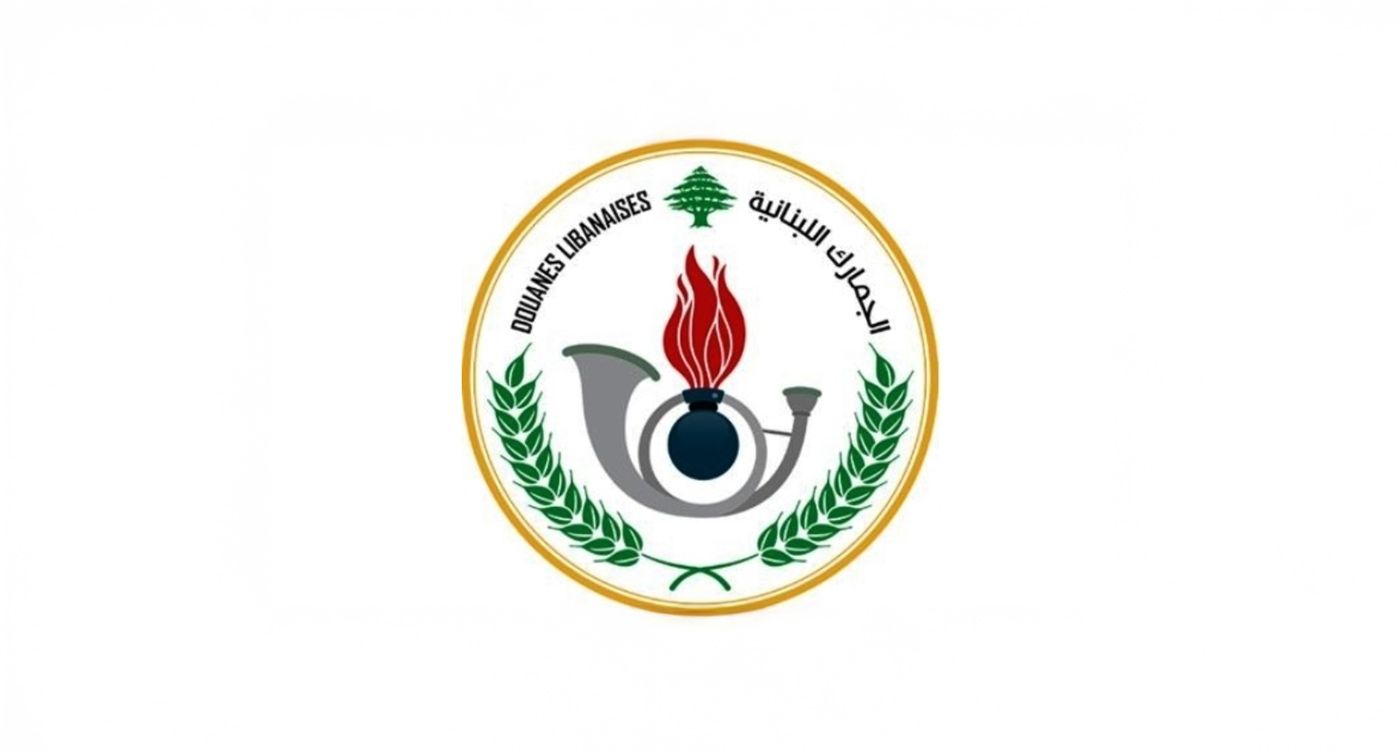
It’s both a welcome and surprising development: in 2025, Lebanon’s state treasury saw a significant rise in customs revenues – and this happened without any increase in customs duty rates. According to the World Bank (Lebanese Monitor report, Turning the Tide, Spring 2025), public revenues reached $4 billion in 2024, with $3 billion coming from taxes. Meanwhile, the Central Bank of Lebanon (BDL) estimates customs revenues at $548 million, representing 18% of total fiscal revenues. Yet, despite $16.9 billion worth of imported goods, the average implicit customs tax rate remained low at just 3.3%.
2023: A Year of Transition
Before analyzing 2025’s performance, it’s important to look back at 2023. That year, the Ministry of Finance adjusted the exchange rate used for calculating customs duties multiple times – from 15,000 to 45,000 Lebanese pounds per dollar in the first quarter, then to 86,000 in May (the Sayrafa rate), and finally to 89,500 in December.
As a result, although customs revenues reached 37,800 billion Lebanese pounds, comparisons with subsequent years are distorted due to the coexistence of three different exchange rates. In contrast, 2024 and 2025 used a single rate of 89,500, allowing for a much clearer analysis.
2025: A Spectacular Jump in Revenues
The figures for 2025 are striking. In just the first four months, customs revenues reached $457 million, projecting an annual total of around $1.4 billion. This represents an increase of nearly 165% compared to 2024, while imports are estimated to have risen by only 12%, reaching $18.9 billion.
Accordingly, the average implicit customs duty rate would rise sharply from 3.3% to 7.3%. This is all the more remarkable, considering customs tariffs remained unchanged.
BlomInvest’s report questions the reasons behind this surge: Is it due to reduced corruption or improved customs enforcement? Three main hypotheses emerge:
- An increase in customs duties: Unlikely, as rates have not changed.
- A statistical error: Doubtful, since customs revenues are generally underreported, not overstated.
- A genuine improvement in revenue collection, with less corruption and smuggling: This is the most plausible explanation.
This positive turnaround points to better governance of ports and customs posts, likely driven by reforms introduced by the new government earlier this year, the report concludes.




Comments